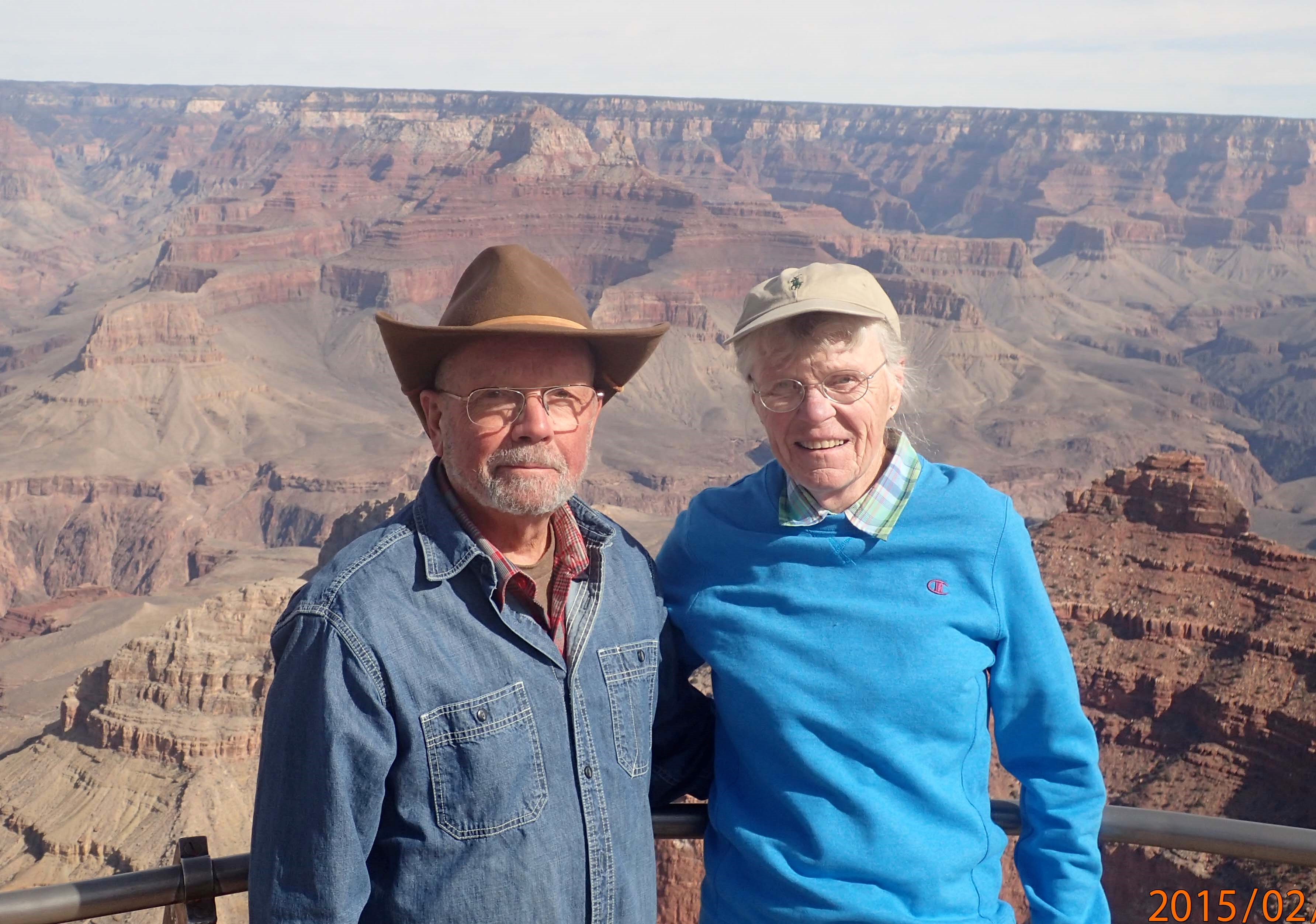Bringing a Caltech Education to More Students
Growing up in Elverson, a small Pennsylvania borough, Thomas McCord (MS ’66, PhD ’68) knew more about cornfields and wild game than major research universities. No one in his family had earned a bachelor’s degree, and after high school, he spent several years working odd jobs and serving in the U.S. Air Force before enrolling at a four-year university.
Caltech was one of several institutions that admitted Tom when he decided to pursue a doctorate. His wife, Carol McCord, encouraged him to consider the Institute. And when one of his professors told him that the academic experience at Caltech was so challenging he should not bother attending, Tom decided he had to try.

A LIFE-CHANGING DECISION
So it was that in June 1964, Tom and Carol got into her old Nash Rambler to travel from Pennsylvania to California. As they drove along Route 66, full of youthful caprice and wanderlust, they did not yet understand how profoundly this decision would change their lives.
As a graduate student, Tom learned from pioneering researchers such as planetary scientist and former JPL director Bruce Murray, geologist and then division chair Robert Sharp, and astrophysicists Jesse Greenstein and Gerry Neugebauer. Murray, who was Tom’s adviser, invited Tom to work on JPL’s Mariner 8 and 9 missions.
As a faculty member at MIT and the University of Hawaii, Tom collaborated with JPL and other international space agencies on more than a dozen missions. His groundbreaking work in reflectance spectroscopy helped transform our understanding of the solar system and enabled the detection of water on the moon. When Tom left academia, he and Carol established the Bear Fight Institute, which enabled Tom to continue working on space missions. In 2013, he was awarded the Distinguished Public Service medal, the highest honor NASA gives to non-governmental employees.
Looking back, Tom and Carol are grateful for the friendship as well as the mentorship Caltech faculty offered them. For instance, Sharp would take the couple on weekend excursions to see California landforms such as the Algodones Dunes and the Panamint Range.
“It set a precedent for how we should interact with our students,” says Carol, who worked in education before cofounding the Bear Fight Institute. To this day, Tom and Carol stay in touch with their former mentees and collaborators.
HELPING OTHERS FIND THEIR WAY TO CALTECH
It is not lost on Tom that he might never have enjoyed his close friendships and influential career had he and Carol not followed their impulse to travel to Pasadena. He believes there are many other students who, like him, do not necessarily know about Caltech but have the intelligence and ambition to succeed at the Institute. And to tackle the world’s most pressing problems, the Institute needs scientists and leaders from all corners of the world—including rural Pennsylvania.
To help ensure that brilliant minds continue to find their way to Caltech, Tom and Carol have made a bequest to establish the Thomas and Carol McCord Fund. When realized, it will help Caltech recruit and retain exceptional students from diverse backgrounds by providing undergraduate scholarships and graduate fellowships, and by supporting programs, such as the First-Year Success Research Institute and the WAVE Fellows program, that identify and serve underrepresented students.
“There is a lot of raw talent out there,” Tom says. “We need to find these students and bring them into the Caltech community. With this approach, they can receive a high-quality education and improve their social mobility. In turn, society and the world benefit from their talent.”


